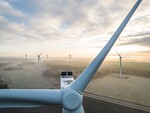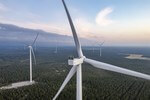TenneT transfers approximately 7.77 terawatt hours of wind energy from the North Sea to the shore in the first half of 2017
In the first half of 2017, the wind energy transferred by the transmission system operator TenneT from the North Sea to the shore rose to 7.77 terawatt hours (TWh)*).
In a half-year comparison, the result of the first half of 2017 exceeded that of the first half of 2016 (5.18 TWh) by 50%, which at the same time corresponds to the 72% of total output for the year 2016 (10.83 TWh).
Lex Hartman, Member of the TenneT Management Board, said: “The flow of energy from the North Sea has now reached a significant 16.5% share of overall wind energy generation in Germany and thus represents almost a sixth of the total wind power output. At the same time, future costs will decrease for wind farms and connection systems, which points to excellent economic performance in the field of offshore energy. We are also expecting this trend to continue as time progresses.”
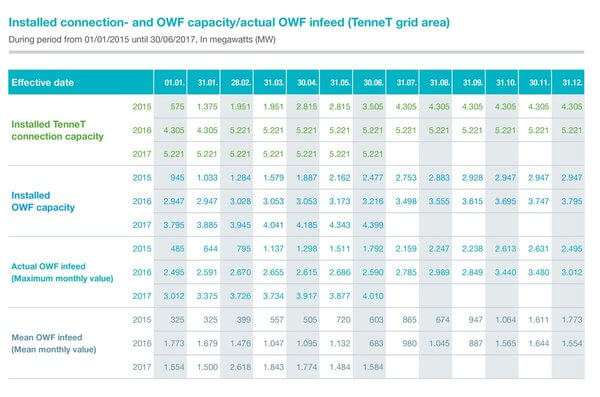
In total, TenneT has nine offshore grid connection systems with a joint 5,221-megawatt capacity for transmitting offshore wind energy to the power grid. TenneT will complete three further grid connection systems by the end of 2019, which will make available a transmission capacity of 7,132 megawatts from the North Sea. There are plans for four more connections by 2025, which will increase North Sea transmission capacity to over 10,000 megawatts. The maximum infeed performance of offshore wind farms in the North Sea reached 4,010 megawatts on 07 June 2017. Capacity expansion for offshore wind farms in the North Sea attained 4,399 megawatts on the effective date of 30/06/2017.
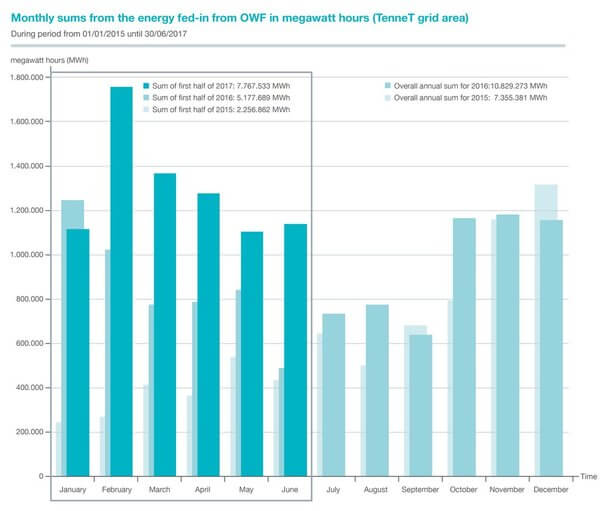
“Offshore wind farm capacities in the North Sea totalled almost 3,000 megawatts in the first half of 2016, which rose to almost 4,400 megawatts by the end of June 2017. This expansion, on the one hand, lays clear the present growth in generation output, but a major prerequisite for the successful bringing in of the ‘wind harvest’ was the continual expansion of TenneT transmission capacities, since February 2016 we have already been able to supply more than 5,200 megawatts. As such, TenneT has now achieved more than 80% of the federal government’s expansion goal of having 6,500 megawatts of offshore wind capacities by 2020,” said Hartmann.
The wind energy turbines in the Baltic Sea (not within the TenneT grid area) generated 0.7 terawatt hours*) in the first half of 2017, which means Germany’s total offshore yield totalled 8.47 terawatt hours *). With an addition 38.74 terawatt hours*) of generated onshore wind energy, the total yield is thus 47.21 terawatt hours*).
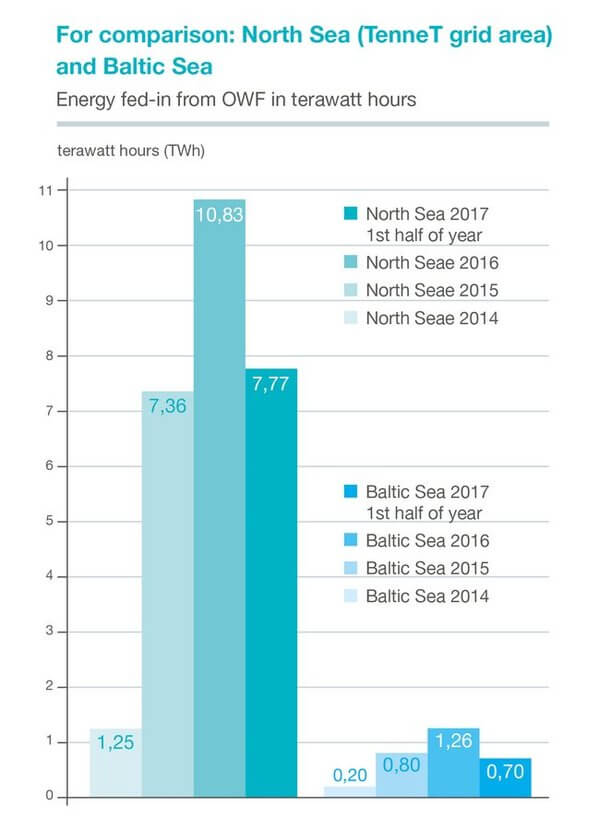
*) Financially subsidised electricity in accordance with the German Renewable Energy Act, without other direct marketing; for 2017, as the provisional actual value.
- Source:
- TenneT
- Author:
- Press Office
- Link:
- www.tennet.eu/...
- Keywords:
- TenneT, North Sea, electricity mix, Germany


